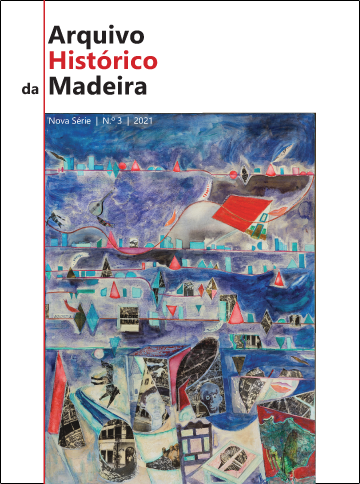The Attack by German Submarine U 156 on Funchal within the Scope of Changing Naval Warfare in 1917
Abstract
The article analyses the U-boat attack on Funchal in December 1917 in the context of the German naval command’s strategy that basically consisted in defeating England by blocking its (transatlantic) supply chain through unrestricted submarine warfare. This concept failed, however, because since mid-1917 merchant ships used to sail in convoys, escorted by Allied warships. Hence German submarines encountered increasing difficulties in locating and sinking hostile tonnage. Under these circumstances, the captain of U 156 bombed Funchal once there were no ships to sink in the roadstead. Obviously, his decision was a compensatory action arising from social pressure to meet the high expectations of both superiors and subordinates and the German public.
On Madeira, the presence of German submarines aggravated the economic crisis, which worsened the precarious living conditions of the population. The attack itself reveals that Portuguese armed forces could not guarantee the protection of Madeira after the withdrawal of the Royal Navy. There was no way to provide sufficient budgetary resources for the military defense of the archipelago.
Keywords
Unrestricted Submarine Warfare; War Aims; Cruiser Submarines; Convoy System; Military Defense of Madeira.
Downloads
Published
Issue
Section
License
Copyright (c) 2021 Arquivo Histórico da Madeira, Nova Série

This work is licensed under a Creative Commons Attribution-NonCommercial-NoDerivatives 4.0 International License.



